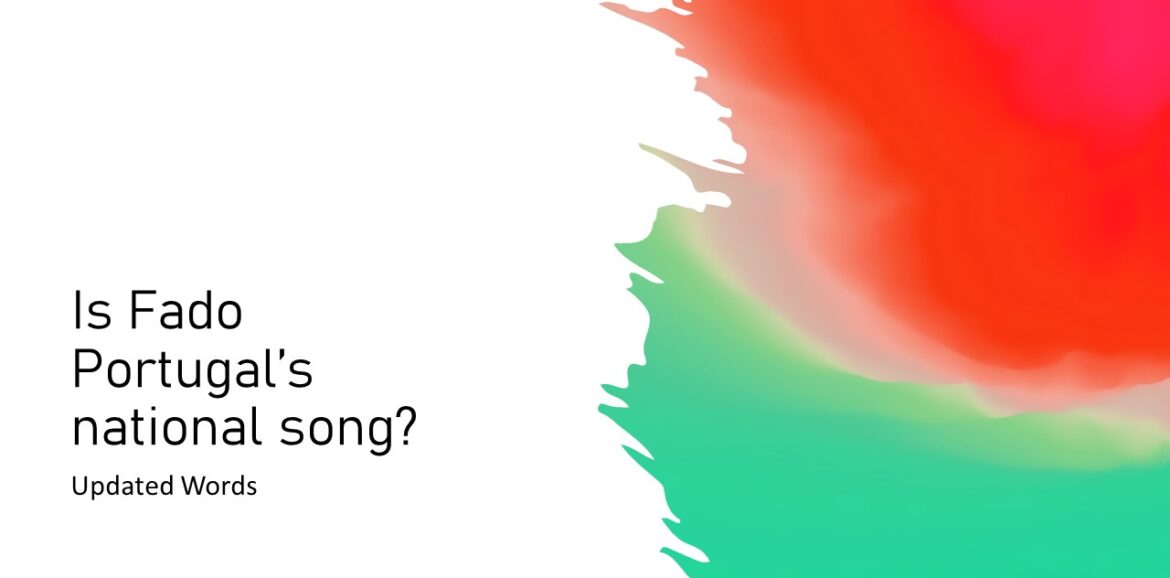Is Fado Portugal’s national song? If you hear most people talking about Portugal, they will probably tell you that fado is the country’s national song. However, if you talk to a Portuguese native, they might tell you a different story. Portugal is an extremely culturally diverse country. Each region has its own cultural events. You cannot say that one of those events is the national representative, however, all those events from all those regions combined are Portugal, and they all represent the country in their own way.
History of Fado
Let’s start by making a small summary of the History of Fado. Fado has its origins in the 1800s in the streets of Lisbon. Far from the sought-after event it is today, it was a spontaneous event that would happen everywhere from gardens, bullfights, retreats, alleys, taverns, and brothels. It was not an aristocratic event, and it reflected the reality of the disadvantaged. Sang by males, usually prisoners who had rough hoarse voices, full of tattoos flicking knives and using slag, in places visited by prostitutes and larrikins.
It then evolved into the myth of a relationship between a prostitute called Maria Severa Onofriana, usually called simply Severa, and Count Vimioso. This would catapult fado to another level, and its lyrics would now talk about this relationship that would eventually turn into a novel by Júlio Dantas called A Severa. This novel was then turned into a movie directed by Leitão de Barros.
Throughout the years Fado got bigger and bigger and it became very prominent in a very specific form of theatre in Lisbon called “Teatro de Revista”. Revista is a typical Lisbon theatre genre born in 1851. This vaudeville-style theatre is like a social critique of the society of the day delivered with a very characteristic sense of humour.
In the 20th century, this very marginal song became more and more famous. Amália Rodrigues, one of the best female fado singers of all time, took Fado to the big stages of the world. She performed at the very famous Olympia in Paris, where other big international stars like the Beatles, Edith Piaf, Madonna and many more have also performed.
Coimbra Fado
Coimbra, a city in the centre of Portugal, also has its own Fado. In this case, the song was created by the students and its lyrics are more upbeat. The city is characterised by its University, the first University in Portugal founded by King Dinis I.
This Fado is usually sung by groups of university students wearing their traditional black cape. It is very different from the one from Lisbon which has a more sombre tune and lyrics.
Is it the national song?
Although Fado is a very important part of the Portuguese culture, in my personal opinion, we can’t say it is the national song. Lisbon Fado is typical of Lisbon the way Coimbra Fado is typical of Coimbra. Some may argue both types are very popular throughout the country, and they are, but being popular does not mean being representative of a culture.
Each region has its own folklore music, with their traditional dress and traditional dance. We cannot say one is the national symbol because they all are, and they all make Portugal the way it is. So next time you hear someone say Fado is the Portuguese national song, tell them it is not exactly like that!

